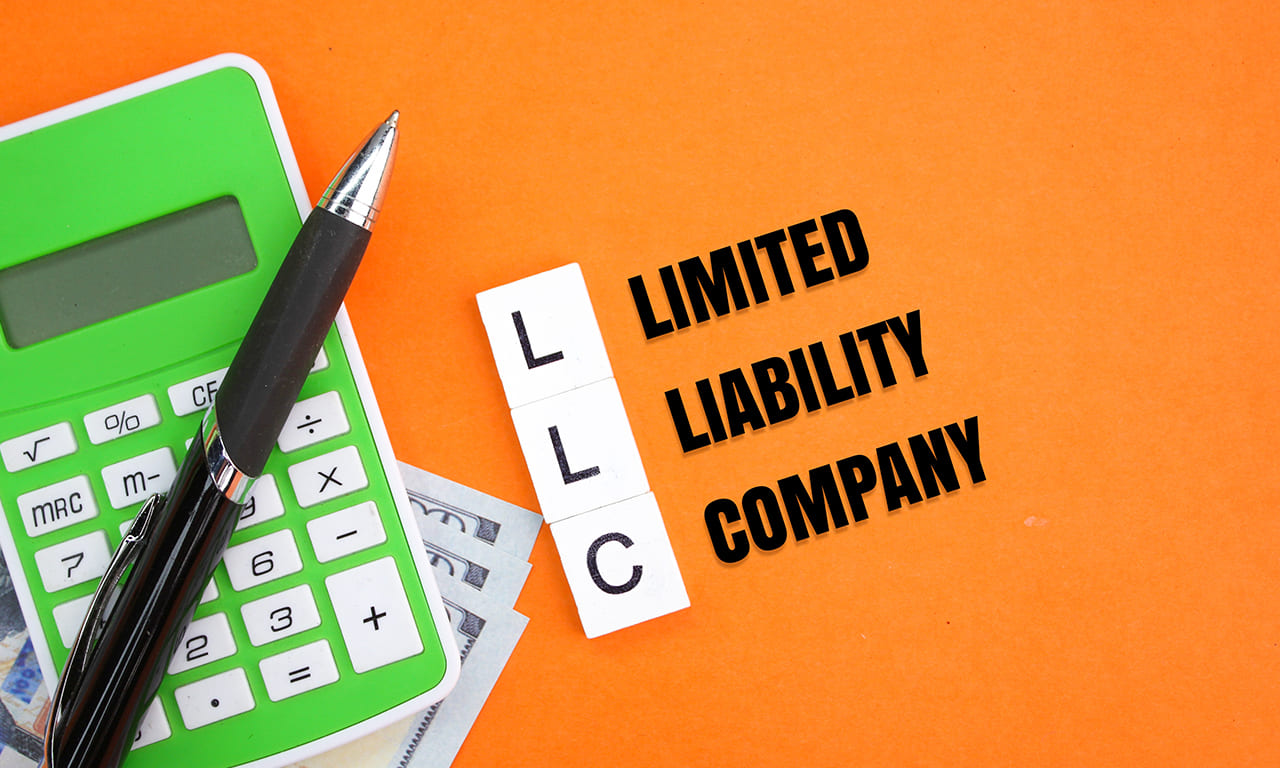Optimizing Taxation for LLCs and Partnerships
The tax treatment of Limited Liability Companies (LLCs) and partnerships in the United States is a complex and dynamic area of taxation, with significant implications for individuals who own businesses, real estate investments, and other portfolios. Understanding the nuances of these structures is essential for optimizing tax treatment and preserving wealth for both the individuals and their heirs.
The Flexible Nature of LLCs and Partnerships
LLCs and partnerships are widely favored for their flexibility and pass-through taxation. These entities do not pay federal income taxes themselves; instead, the profits and losses “pass through” to the owners (members in the case of an LLC, partners in the case of a partnership). This pass-through nature allows for income to be taxed at the individual owner’s or partner’s tax rate.

The Importance of Understanding Tax Nuances
The tax implications of owning and operating LLCs and partnerships can vary significantly depending on factors like entity structure, the type of income generated, the nature of investments, and ownership percentages. Key tax considerations include:
- Self-Employment Tax: For LLC members or partners actively involved in the business, self-employment tax may apply to their share of the income. Proper planning can help mitigate this tax burden.
- Profit Allocations: The distribution of profits among members or partners can be structured in different ways. Understanding the tax impact of various allocation methods is vital for optimizing tax treatment.
- Qualified Business Income Deduction (QBID): Under certain circumstances, owners of pass-through entities may qualify for the QBID, which can provide a significant deduction on their individual income tax returns.
- Capital Gains and Passive Income: The tax treatment of capital gains, rental income, and other passive income generated by an LLC or partnership can vary. Investors need to be aware of the tax implications and plan accordingly.
- Estate Planning: Proper estate planning for LLCs and partnerships can help minimize estate taxes and ensure a smooth transition of assets to heirs.
Preserving Wealth for Heirs
Effective tax planning for LLCs and partnerships extends beyond an individual’s lifetime. Proactive strategies can help minimize the tax liability for heirs who inherit these assets. Understanding the rules governing basis adjustments and estate tax exemptions is crucial for preserving wealth for the next generation.
In conclusion, understanding the nuances of taxation for LLCs and partnerships is a critical consideration for individuals who own businesses, real estate investments, and other portfolios. By working with experienced tax professionals and staying informed about evolving tax laws and regulations, business owners and investors can optimize tax treatment and protect their wealth for themselves and their heirs.
